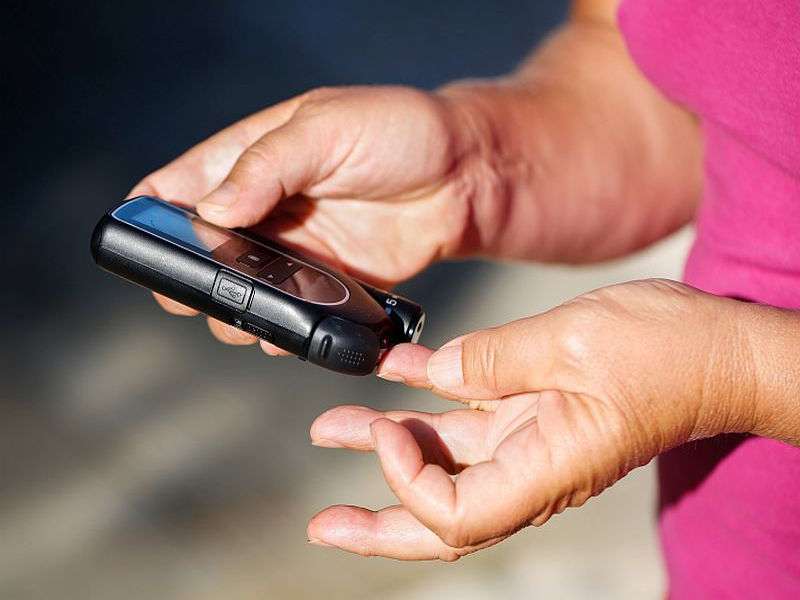(HealthDay)—For children, teens, and young adults with type 1 diabetes mellitus (T1DM), hemoglobin A1c (HbA1c) is associated with better diabetes-specific health-related quality of life (D-HRQoL), according to a study published online May 25 in Diabetes Care.
Barbara J. Anderson, Ph.D., from the Baylor College of Medicine/Texas Children's Hospital in Houston, and colleagues conducted an international, cross-sectional study of 8- to 25-year-olds with T1DM. A total of 5,887 participants from 20 countries were enrolled in three predetermined age groups: 8 to 12, 13 to 18, and 19 to 25 years. Patients completed the PedsQL Diabetes module 3.0 and were interviewed about family-related factors to assess D-HRQoL.
The researchers found that females reported significantly lower D-HRQoL than males across all age groups. The lowest D-HRQoL was reported by the 19- to 25-year age group. D-HRQoL correlated significantly with HbA1c in multivariate analyses; lower HbA1c correlated with better D-HRQoL. Advanced methods used to measure food intake, more frequent daily blood glucose monitoring, and more days per week with ≥30 minutes of physical activity were diabetes-management behaviors that were significantly correlated with better D-HRQoL.
"In all three age groups, the lower the HbA1c, the better the D-HRQoL, underscoring the strong association between better D-HRQoL and optimal glycemic control in a global sample of youth and young adults," the authors write.
Several authors disclosed financial ties to pharmaceutical companies, including Sanofi Diabetes, which funded the study.
More information: Abstract/Full Text (subscription or payment may be required)
Journal information: Diabetes Care
Copyright © 2017 HealthDay. All rights reserved.






















